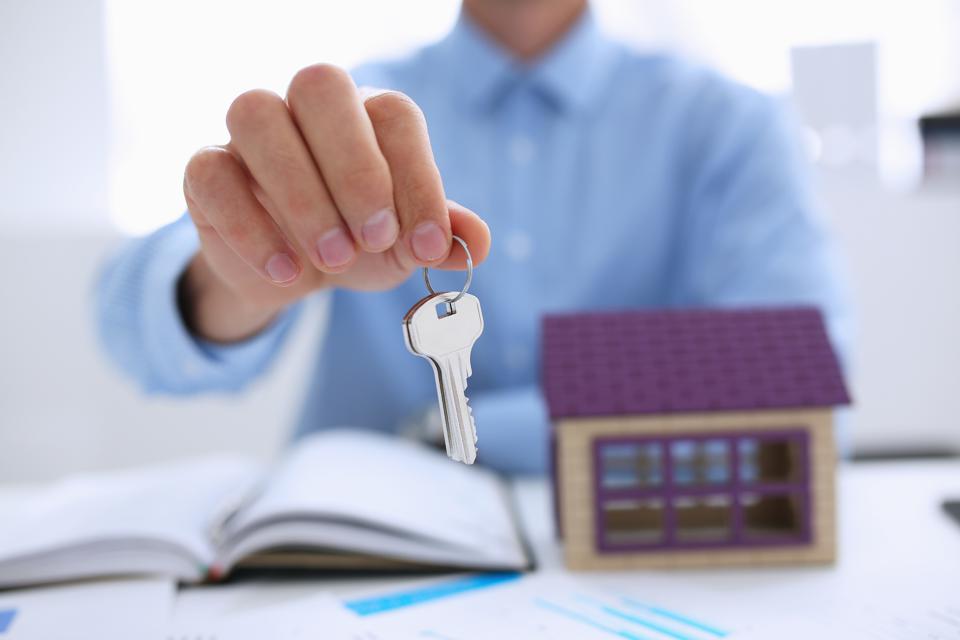Becoming a landlord is a big responsibility. There’s certainly a lot to think about, however with the right preparation and planning, the process of renting out a property doesn’t have to be really stressful. In order to help your first experience as a landlord run as smoothly as possible, we’ve put together the following tips for managing your rental property.

Choose the right letting agent
Whilst you’re not required to let your property via an agent, if you’re a first time landlord, an agent will guide you through the process and ensure that your property is compliant with all legal requirements. They will also help you find suitable tenants, market your property at the right price and set up a tenancy agreement. That’s why finding a good letting agent at the start of the process will save you a lot of time and stress.
Prepare the property
Before you start advertising your rental property, make sure it’s in the best possible condition. This will help to attract more tenants at a higher rental value. Make any repairs that might need to be done, freshen up any paintwork and make sure that all appliances are in the correct condition. At this stage, you’ll also need to decide if you’d like to let your property out as a furnished or unfurnished property. This will depend on the type of property you own, and the type of tenants you are hoping to attract.
Find suitable tenants
Once you’ve ensured the property is in good condition to advertise, it’s time to find tenants. You’ll need to reference new tenants to make sure that they will be able to meet their monthly rental payments. This will involve checking credit eligibility, employer checks and references from previous landlords. It’s also a legal requirement that right to rent checks are carried out at the beginning of the tenancy. If you are using a letting agent, they will manage the organisation of this for you.
Put a contract in place
A tenancy agreement protects you, your property and your tenants. It outlines crucial aspects of the tenancy including payments, deposit, the length of the tenancy and whether your tenants are allowed to keep pets.Your letting agent will help you produce a contract that will be signed by all parties before the keys are handed over. If you’re taking a deposit from your tenants, you’ll also need to ensure that it is part of a government-authorised Tenancy Deposit Protection (TDP) scheme.
Carry out safety checks
As a landlord, it’s your responsibility to ensure that the property is safe for your tenants. Gas safety checks are impretivate and you’ll need to provide your tenants with an up to date gas safety certificate. It’s also essential to make sure that working smoke alarms are fitted on each floor of the property, and it’s highly recommended to install carbon monoxide detectors where gas appliances are used. You’re also required to have a valid Energy Performance Certificate (EPC) before renting your property out, and it must be at least a grade E. There’s a lot to think about, however your letting agent will guide you through the process to ensure all necessary safety requirements are in place.
Maintenance and inspections
Make sure to set up a clear line of communication between yourself and your tenants so that they can inform you of any problems. If it’s an agent managing the property then make sure that the tenant has all the details they need to get in contact with them. If you choose to carry out any inspections of the property throughout the tenancy then it’s essential that you request the tenants’ permission and give them plenty of notice.
Get the right insurance
Most standard insurance policies don’t cover the protection that you’ll require as a landlord which is why it’s also worth looking into landlord insurance. This should cover the likes of damage, legal expenses and liabilities.
Leave a Reply